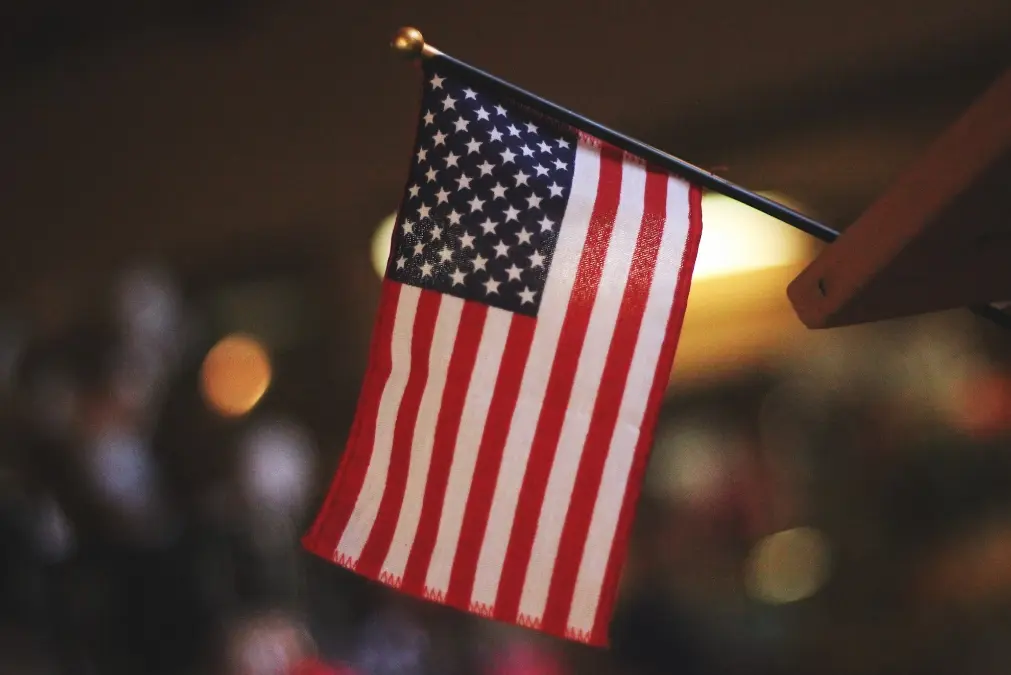
Which Products Require CPC Certification?
On Amazon's U.S. platform, all children's toys and children's products must provide a Children’s Product Certificate (CPC). The CPC, similar to a Certificate of Conformity (COC), is requiRED when listing categories related to children, including toys and baby products. Without a CPC, these products cannot be sold.

Basic Requirements for CPC Certification on Amazon U.S.:
1. CPC Certificate Based on Testing:
- The CPC must be based on test resULts from a CPSC-recognized third-party testing laboratory.
2. Certificate Issued by Sellers:
- Sellers issue the CPC certificate. Third-party laboratories can assist in drafting it.
3. Compliance with Safety Rules:
- Children's products must meet all relevant safety rules and regulations.
4. Information Required in the CPC:
- Product details (name and description).
- Applicable regulations and standards.
- Manufacturer's information (name, address, and phone number).
- Production date and location (date must include month and year; location must specify the city).
- Testing date and location.
- Third-party laboratory information (name, address, and contact details).
Information to Include for CPC Certification (U.S. Export):
1. Product information (name and description).
2. Applicable regulations and standards.
3. Importer or U.S. manufacturer’s details (name, address, and phone number).
4. Contact information of the records holder for supporting test results (name, address, email, and phone number).
5. Production date and location (must specify the city and month/year).
6. Testing date and address, or the test report the certificate is based on.
7. Third-party laboratory details (name, address, and contact information).
Key CPSC Standards and Testing Requirements
The CPSC has published 38 standards that mainly include the following:
1. cpsia: Total Lead Content and Phthalates.
2. ASTM F963: U.S. Toy Safety Standard.
3. 16 CFR Part 1505: Electric Toy Safety Standard.
4. 16 CFR Part 1510: Rattle Safety Requirements.
5. 16 CFR Part 1511: Pacifier Safety Standard.
6. 16 CFR Part 1610: Flammability Standards for Textiles (e.g., children's clothing, carpets).
7. Infant Products: Standards for strollers, cribs, playpens, carriers, safety seats, and bicycle helmets.
Common Testing Items for Children's Products
Toys:
1. CPSIA: Total Lead and Phthalates.
2. ASTM F963: Toy Safety Standard.
3. 16 CFR Part 1501: Small Parts (covered by ASTM F963).
4. 16 CFR Part 1510: Rattle Safety Requirements (for rattles, already covered by ASTM F963).
5. 16 CFR Part 1505: Electric Toy Safety (applies to electric toys).
Children's Clothing:
1. CPSIA: Total Lead and Phthalates.
2. 16 CFR Part 1501: Small Parts.
3. 16 CFR Part 1610: Flammability Standards for Textiles.
4. 16 CFR Part 1615/1616: Flammability Standards for Children's Sleepwear (sizes 0-6X and 7-14X).
Pacifiers:
1. CPSIA: Total Lead and Phthalates.
2. 16 CFR Part 1501: Small Parts.
3. 16 CFR Part 1511: Pacifier Safety Standard.
Other Children's Products:
- CPSIA: Total Lead and Phthalates.
- Standards for infant products like strollers, cribs, playpens, carriers, safety seats, and helmets.
Importance of Child Safety Testing
Child safety in product design is a global priority. Ensuring the safety of children’s products helps prevent recalls, econoMIC losses, and brand damage. Most importantly, it mitigates potential hazards that could result in serious safety incidents.
Overview of CPC Certification
The CPC is a written certificate issued by manufacturers or importers affirming that their children's product complies with all applicable safety rules, bans, and standards enforced by the CPSC.
Key Points:
1. Certification is based on passing results from third-party testing.
2. Testing laboratories provide test results but do not issue CPCs.
3. The responsibility for drafting and issuing the CPC lies with the manufacturer or importer.
4. U.S. manufacturers must issue CPCs for domestic products, while importers handle products made overseas.
5. The legal obligation to issue CPCs always rests with the manufacturer or importer, even if drafting assistance is received from third-party labs.
Email:hello@jjrlab.com
Write your message here and send it to us
 Canada Wireless Device IC Certification RSS-210 Te
Canada Wireless Device IC Certification RSS-210 Te
 FCC Part 15.231 for Wireless Remote Controls and S
FCC Part 15.231 for Wireless Remote Controls and S
 Is SAA Certification Required for Lamps Sold to Au
Is SAA Certification Required for Lamps Sold to Au
 Tablet PC RSS-247 Test Report
Tablet PC RSS-247 Test Report
 Canada ISED Certification RSS-247 Standard Testing
Canada ISED Certification RSS-247 Standard Testing
 What Are the Product Compliance for Amazon Austral
What Are the Product Compliance for Amazon Austral
 Australia IoT Security Compliance
Australia IoT Security Compliance
 V16 Warning Light EU EN 18031 Cybersecurity Certif
V16 Warning Light EU EN 18031 Cybersecurity Certif
Leave us a message
24-hour online customer service at any time to respond, so that you worry!




